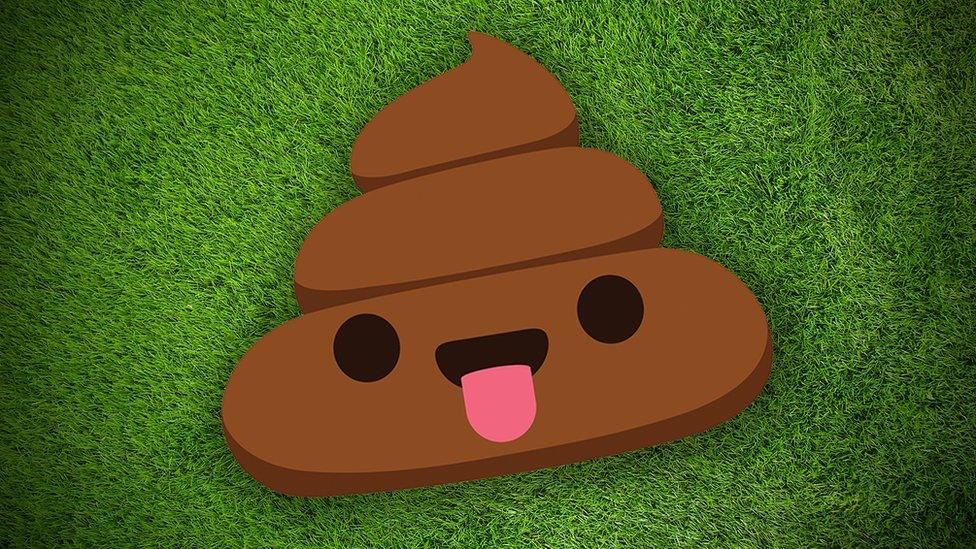Are dog poos on the pitch messing up your games?
- Published
- comments

Finding dog poo on the field where you have football matches, or even just where you play, is never nice.
And now rugby clubs are speaking up about the sticky issue.
According to a survey by the Welsh Rugby Union as many as 86% of the 147 clubs surveyed have a dog poo problem on their pitches.
The survey also found that 84% of clubs say they have been forced to pick up poo from pitches, often during training and while matches are being played.
And one in three players say they've seen other players with dog mess on them while playing sport.
Is this something you've noticed on the field where you play regularly? Take part in our vote and let us know your experiences in the comments.
If you can't see this vote, click here.
What are the rules around dog poo?
There are estimated to be more than 8 million dogs producing more than 1,000 tonnes of mess every day in the UK alone.
Aside from being messy and smelly, dog poo can be harmful to people and the environment.
Is there loads of dog poo in your park?
Dog poo can carry nasty parasites that could cause infections if accidentally swallowed or if the dog poo comes into contact with an area of broken skin, such as a graze or a cut.
When it comes to sport, often the pitches where junior teams play are open to the public or are in parks where dog owners walk their pets.
In England, Wales and Scotland, it is an offence for dog owners to not clean up their dog's waste in a public area but while many owners carry poo bags to clean up after their dogs, there are still some people who don't.
Dog poo can carry parasites that are harmful to humans if swallowed or if the poo enters broken skin
According to the litter charity, Keep Britain Tidy, anyone who fails to clear up after their dog can be issued with a fine of up to 拢100 and if it ends up in a court case, that can rise up to 拢1,000.
The law states that being unaware a dog has done a poo or not having a suitable bag is not a reasonable excuse. If someone does fail to clean up after their pet, it falls to the council to get rid of it.
- Published19 November 2019
- Published30 September 2021
- Published3 November 2019
